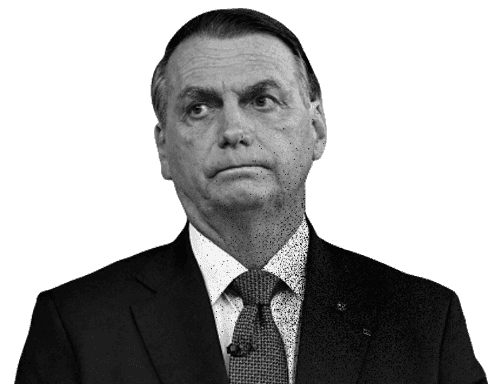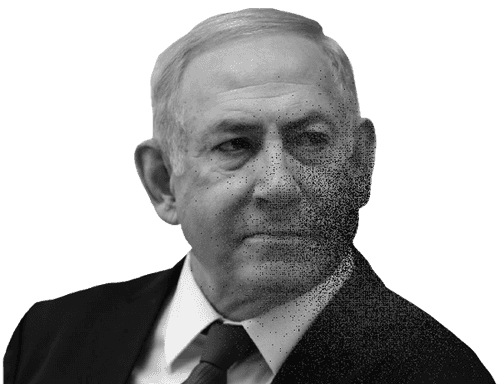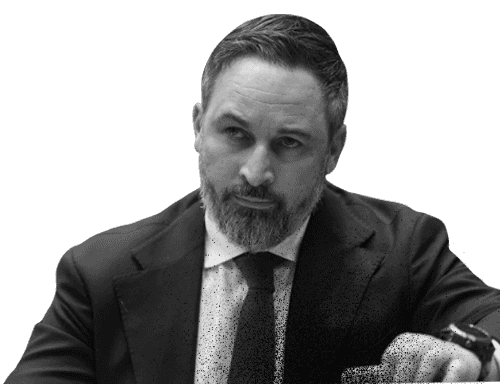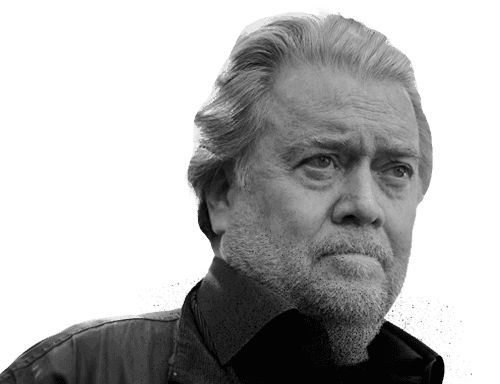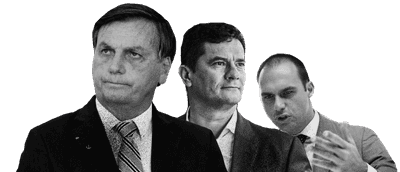In 1977, Bolsonaro graduated from the Agulhas Negras Military Academy and later attracted attention for publishing an opinion piece in Veja magazine, criticizing low military pay. His time in the military shaped much of his subsequent political career. He has repeatedly expressed nostalgia for the dictatorship, one that was marked by extrajudicial killings, censorship and torture. In 2019, he praised Colonel Carlos Alberto Ustra, an army officer who was convicted of torture and led the DOI-CODI, calling him a “national hero” who “prevented Brazil from falling into what the left-wing wants today." Bolsonaro is also an admirer of Chilean dictator Augusto Pinochet, stating that his regime should have “killed more people.”
Having left the army in 1988, he began his political career in Rio de Janeiro’s Congress, and was later elected as a federal deputy in 1991, representing the Christian Democratic Party. He served seven consecutive terms before running for president in 2018, this time switching to the Social Liberal Party (PSL). Once a small economically liberal party, he brought a conservative-nationalist slant to the party, losing many of its former members such as the Livres faction. The election in 2018 swung towards his favour, due to Brazil’s severe economic decline, the Petrobras scandal which targeted his opposition — the Workers’ Party’s (PT) Dilma Rousseff and Lula da Silva — and his “anti-corruption” stance. On 28 October 2018, Bolsonaro won 55.1% of the vote against PT nominee Fernando Haddad’s 44.87%.
“We cannot continue flirting with communism … We are going to change the destiny of Brazil,” said newly elected Bolsonaro.
While Anglophone media has been quick to compare Bolsonaro to former President Donald Trump, no doubt due to his close ties with the United States and use of inflammatory language, his brand of neo-fascism is unique – his administration was full of military officers, including retired military general Hamilton Mourão, who was nominated as his Vice President in 2018.
Amid the Lava Jato anti-corruption investigation in 2019, he appointed US-trained head judge Sergio Moro as his Minister of Justice, raising suspicion that his 9-year imprisonment sentence of Workers’ Party Lula da Silva was politically motivated. Bolsonaro’s economic interests were clear: Privatise everything, including large swathes of the Amazon rainforest. His ultra-liberal policies were supported by Paulo Guedes, his Finance Minister, founder of the Millenium Institute and one of the ‘Chicago Boys,’ a group of economists trained at the University of Chicago who favoured market deregulation and inspired Pinochet’s Constitution. In 2019, he attempted to form a new conservative party, Alliance for Brazil but failed to collect enough signatures for its creation.
In 2020, the Organized Crime and Corruption Reporting Project, a network of journalists who report on corruption, awarded Bolsonaro with Person of the Year for having “surrounded himself with corrupt figures, used propaganda to promote his populist agenda, undermined the justice system, and waged a destructive war against the Amazon region that has enriched some of the country’s worst land owners.” Internationally, he has ties with much of the global far-right—including Donald Trump, Viktor Orban, Giorgia Meloni, Benjamin Netanyahu and more.
He and his son, Eduardo Bolsonaro, are active members of the Foro Madrid, an alliance of far-right parties throughout Latin America meant to be a counterweight against the Foro de São Paulo.
In 2022, he ran again against the Workers’ Party but narrowly lost against Lula da Silva. In June 2023, he was convicted by the Superior Electoral Court for abuse of political power, making him ineligible to run for eight years. His role in the January 8 2023 insurrection in Brasilia is currently under investigation.

